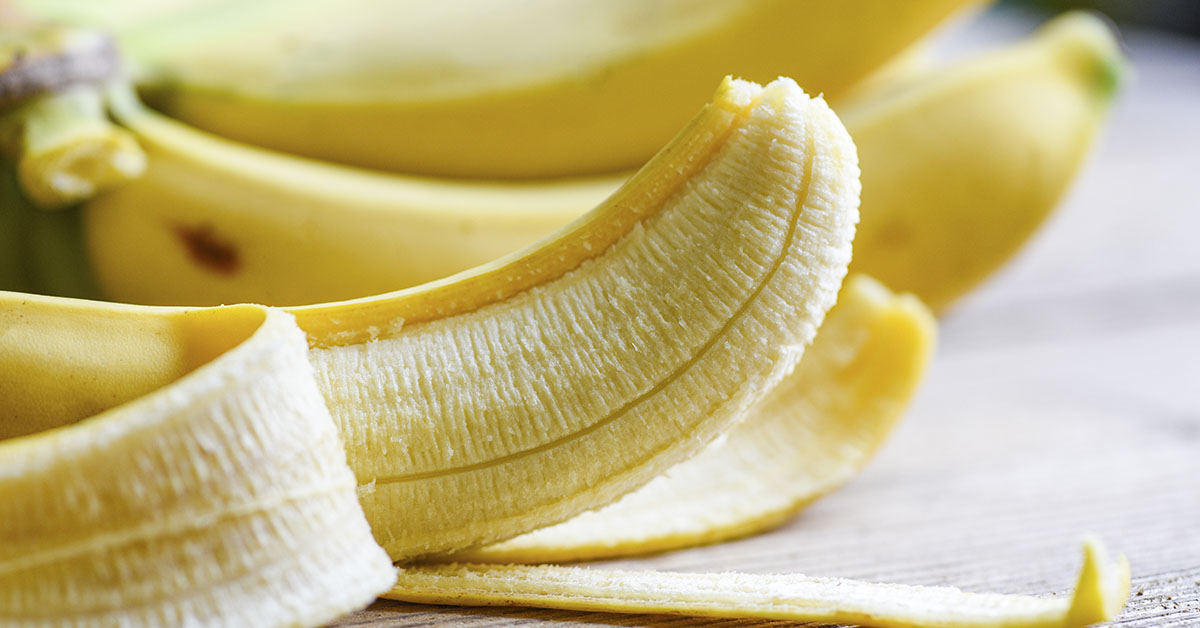Bananas are one of the most popular fruits in the world. With their bright yellow peel and sweet, creamy taste, they’re a favorite for breakfast, snacks, and even desserts. This fruit, which is technically a berry, is a tropical fruit that grows in bunches on large tree-like herbaceous plants. They’re packed with important nutrients like potassium, vitamin C, vitamin B6, and fiber, making them a healthy choice for most people.
Eating bananas can help support heart health, aid digestion, and provide a quick source of energy. They’re also easy to carry and require no preparation, you can just peel and eat a banana. According to the U.S. Department of Agriculture, one medium banana contains about 105 calories, 3 grams of fiber, and 422 mg of potassium, which is about 9% of your daily needs.
But while bananas are healthy for most, there are some people who may need to limit or avoid them. Let’s explore who these people are and why bananas might not be the best choice for everyone. Although bananas are packed with nutrients, there are certain populations who should avoid bananas.
Who Should Avoid Bananas and Why?
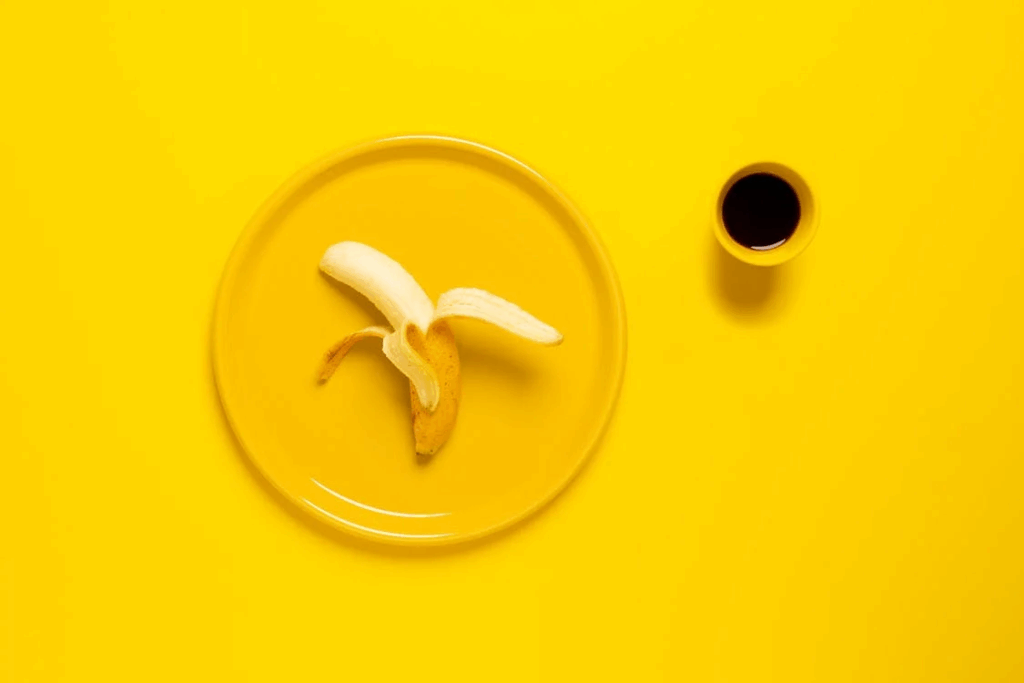
Some people have specific health conditions or allergies that make bananas a less-than-ideal food. For example, people with certain kidney problems, those with banana allergies, and individuals who need to control their blood sugar may need to be careful when consuming bananas. The next sections delve into who should avoid bananas and explains why bananas might not be right for them.
Kidney Disease and Low Potassium Diets
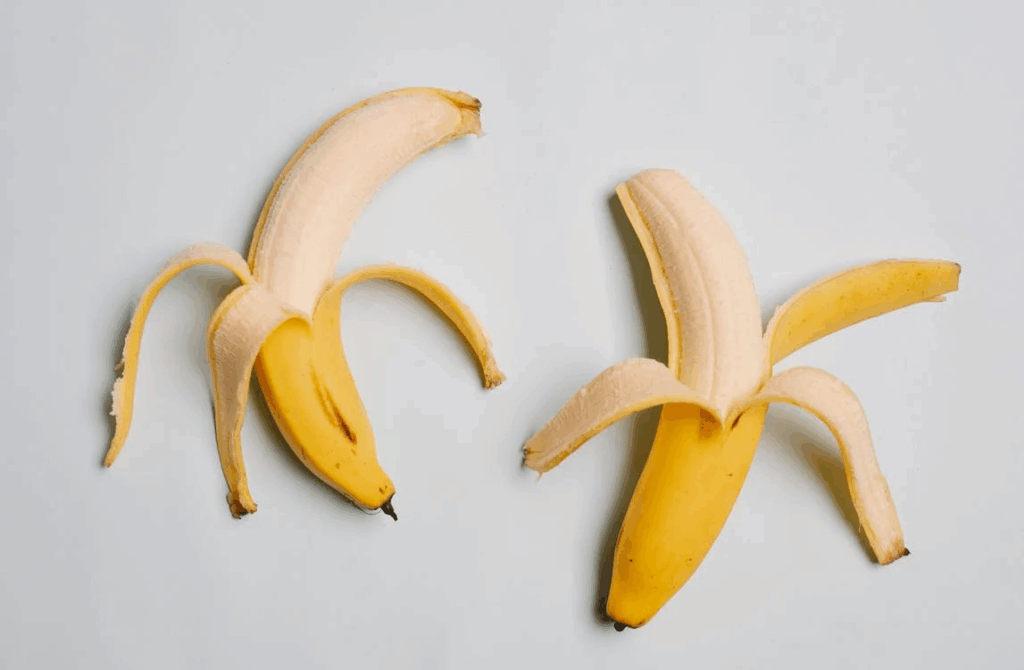
Bananas are famously rich in potassium, a mineral essential for muscle function and heart health. However, people with kidney disease or those on low-potassium diets should avoid bananas. When kidneys don’t work properly, they struggle to remove excess potassium from the blood.
Eating potassium-rich foods like bananas can cause dangerously high potassium levels, a condition called hyperkalemia. Hyperkalemia can lead to irregular heartbeats, muscle weakness, and even life-threatening complications.
People who are on certain medications, such as beta-blockers, ACE inhibitors, or potassium-sparing diuretics, should be cautious. These drugs can increase potassium levels in the blood, so combining them with high-potassium foods like bananas may cause potassium to build up to unsafe levels. If you have kidney problems or take these medications, consult your doctor about who should avoid bananas and how much potassium is safe for you.
Banana Allergy

Some people have a true allergy to bananas. A banana allergy can cause symptoms ranging from mild itching and hives to severe swelling, wheezing, and difficulty breathing. In extreme cases, it can trigger anaphylaxis, a life-threatening allergic reaction that requires immediate medical attention.
If you experience any allergic symptoms after eating bananas, stop eating them and seek medical help right away. Allergy testing can confirm if bananas are the cause. For those with a banana allergy, avoiding bananas completely is unfortunately the best for safety.
Read More: Should You Wash Your Bananas?
Latex-Fruit Syndrome

People who are allergic to latex may also react to bananas due to a condition called latex-fruit syndrome. This happens because certain proteins in latex are similar to those found in bananas, causing the immune system to mistake one for the other.
Symptoms of latex-fruit syndrome include itching, swelling of the lips or throat, and other allergic reactions after eating bananas. If you have a known latex allergy, talk to your doctor about whether you should avoid bananas and other related fruits like avocado, kiwi, and chestnuts.
Diabetes (In Some Cases)
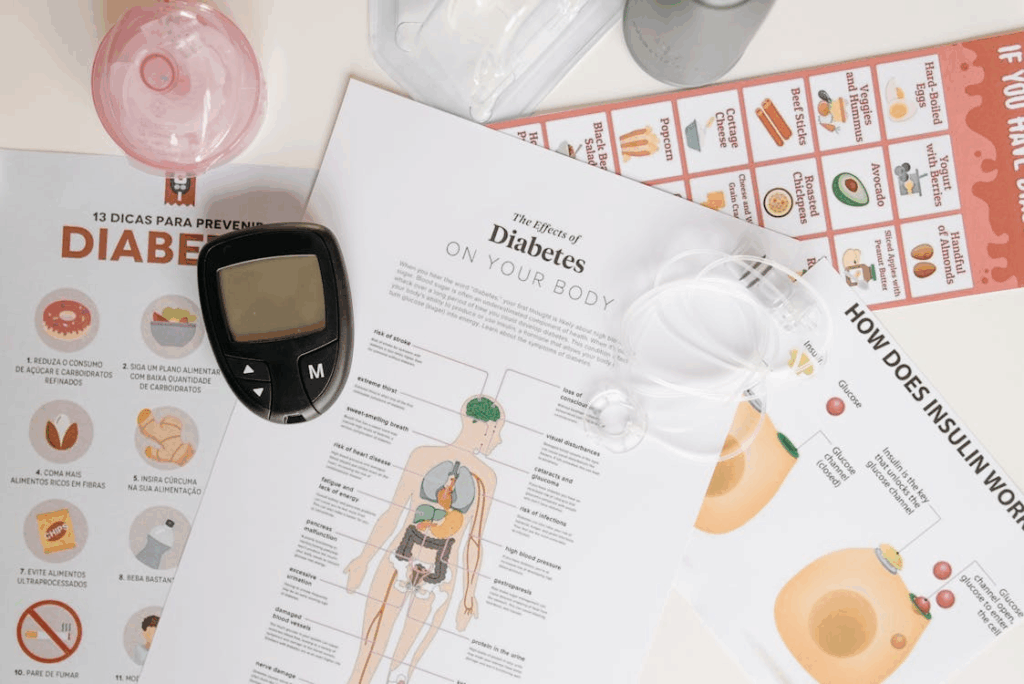
Bananas contain natural sugars and carbohydrates that can raise blood sugar levels. For most people with diabetes, eating bananas in moderation is safe and can be part of a balanced diet. However, some individuals may find that bananas, especially ripe ones, cause a significant spike in their blood glucose.
If you have diabetes, monitor your blood sugar response after eating bananas. It may help to pair bananas with protein or healthy fats to slow sugar absorption. Also, consider limiting intake of fully ripe bananas, which have higher sugar content. Consulting a healthcare provider or dietitian can help determine how bananas fit into your personal diabetes management plan.
Migraines Trigger

Bananas contain tyramine, a natural compound that can trigger migraines in some people. Tyramine affects blood vessels and brain chemicals, which may lead to headache attacks. If you suffer from migraines, especially those triggered by certain foods, you might want to observe whether bananas cause your symptoms. Ripe bananas tend to have higher tyramine levels, so avoiding or limiting ripe bananas may reduce migraine frequency for some individuals.
Read More: 5 Potential Risks of Eating Avocados You Should Know
Gastrointestinal Issues

While bananas often help soothe the stomach, they can worsen symptoms in some people with digestive issues like irritable bowel syndrome (IBS). Ripe bananas contain oligofructans, a type of carbohydrate that can ferment in the gut and cause bloating, gas, or abdominal pain in sensitive individuals.
Unripe bananas, on the other hand, are high in resistant starch, which some people with IBS also find hard to digest. If you have IBS or similar gastrointestinal problems, pay attention to how bananas affect your symptoms. You may need to avoid bananas or choose the ripeness level that suits your digestion best.
Bananas Are Healthy, But Not for Everyone
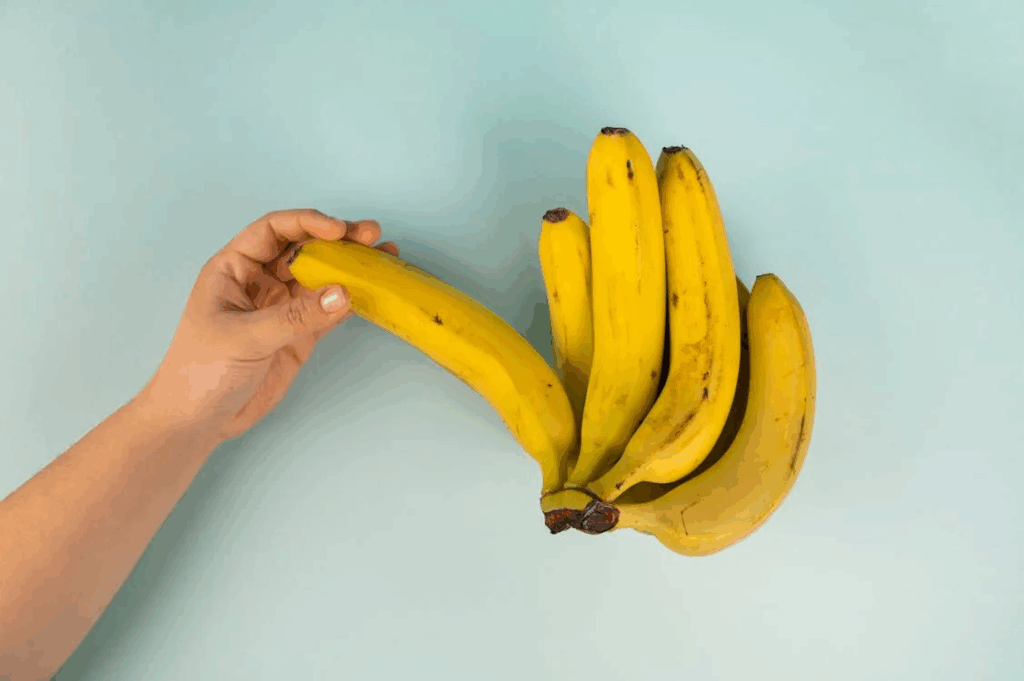
Bananas offer many health benefits as they provide essential nutrients, support heart health, and supply quick energy. However, knowing who should avoid bananas helps prevent potential health risks. People with kidney disease, banana allergies, latex allergies, diabetes, migraines, or certain digestive issues may need to limit or avoid bananas to stay healthy.
If you fall into any of these groups or take medications that affect potassium levels, talk to your healthcare provider before adding bananas to your diet. Remember, moderation and professional medical advice are key.
Read More: Does Eating Bananas Before Bed Have Any Benefits?
